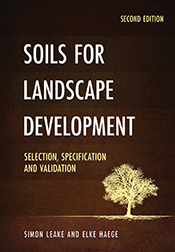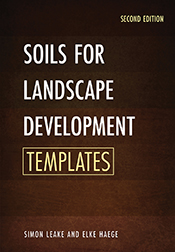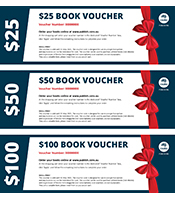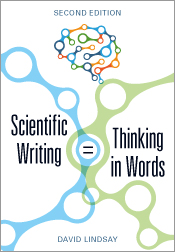Understanding Land Development
A Project-Based Approach
By: Eddo CoiacettoProvides a practical guide to land development processes and planning skills.
This book draws on the author’s considerable expertise in land development processes and planning, and planning education. It takes a learning-by-doing studio approach and shows how to undertake a development feasibility study in three main stages: the preliminary proposal, a design and finally, a full report with a financially appraised proposal. + Full description
Understanding Land Development shows how to tackle a real life project where there are situations of uncertainty and where there may be multiple solutions to a problem. It demonstrates how to undertake research into a range of issues – site conditions, market conditions, development finance, sustainability, land use planning and infrastructure – and shows how to analyse this diverse information to generate a concrete development proposal. The book covers planning skills, including site analysis, financial analysis, spreadsheet preparation, design, plan interpretation, project planning and strategic thinking.
By taking the approach presented here, the reader will learn to become a more effective planner by understanding how land development leads to built environment outcomes that may not be the idealised outcomes to which planners aspire.
- Short descriptionNews
This title is no longer available in print format, but can still be purchased as an eBook.
Understanding Land Development won the Cutting Edge Research and Teaching Award at the Queensland Planning Institute of Australia 2013 Awards.
Reviews
"While Eddo uses all Australian case examples, this book is relevant to the New Zealand context and it provides both practicing urban planners and planning students with a useful and relevant 'how to' book on the development process, including addressing the critical elements of the market realities of the development process in practice."
New Zealand Planning Quarterly, 2013
"the many planning and several property schools in Australian universities should thank Coiacetto for providing such a practical and readable guide to attract students to the fields"
David Wadley, Australian Planner, Dec 2013
Details
ePDF | April 2012ISBN: 9780643104150
Publisher: CSIRO Publishing
Available from eRetailers
ePUB | April 2012
ISBN: 9780643104167
Publisher: CSIRO Publishing
Available from eRetailers
Features
- Provides a structure for responding to a client brief
- Gives all the elements of a development proposal
- Emphasises design in property development and covers the basic design principles
- Covers all the steps in financial appraisal and completing the final report
- The appendices contain an Excel spreadsheet and suggested timeframes for development activities
Contents
Preface and acknowledgements1 Introduction
Purpose of this book
Why a project-based studio approach?
What the project involves
Finding and choosing projects
Choosing guest speakers
Other key resources and student requirements
Working in teams
Format for presentation of professional reports
Scope, detail, depth, accuracy of reports and standards
Ethics and professional practice
2 Learning from a project-based approach
Introduction
What do students learn?
Key lessons from past projects
Reflecting on the learning process: what can you learn?
Learning from your studio project
3 How to respond to a client brief
What is a brief?
Responding to the brief
4 Generating a proposal
Introduction
The capacity and nature of the developer or client
Research
Putting it all together
5 Designing the proposed development
Introduction
Design in development
What goes in the design?
What is a good development design?
Further research into design standards and styles
Learning-by-doing is the way to go
6 Financial appraisal and the final report
Introduction
Pre-lodgement meeting and report (optional)
Financial feasibility
Making a recommendation
Suggested report structure
Appendix 1: Example of a studio project brief
Call for tenders and project brief
Appendix 2: Estimating project ARR
Assumptions
Examples of profit calculation (ARR)
References
Index
Authors
Eddo Coiacetto is a Senior Lecturer in urban and environmental planning at The Griffith School of Environment at Griffith University. He previously spent several years in professional practice.Supplementary Material
The print copy of this book contains a CD-ROM with supplementary material. You can also download a zip file of this material using the link below.
Download Instructions
For PC Users
Right click on the Link and choose Save Target (Internet Explorer) or Save Link As (Firefox).
For Mac Users
Click and hold on the Link and choose Download Link to Disk (Internet Explorer) or Save this Link as (Firefox).
All Firefox Users
Please be aware that due to difficulties with Firefox you must specify which format you wish the file to be saved as. When saving your article choose your file name and add the .zip extension. e.g. Bookname.zip








